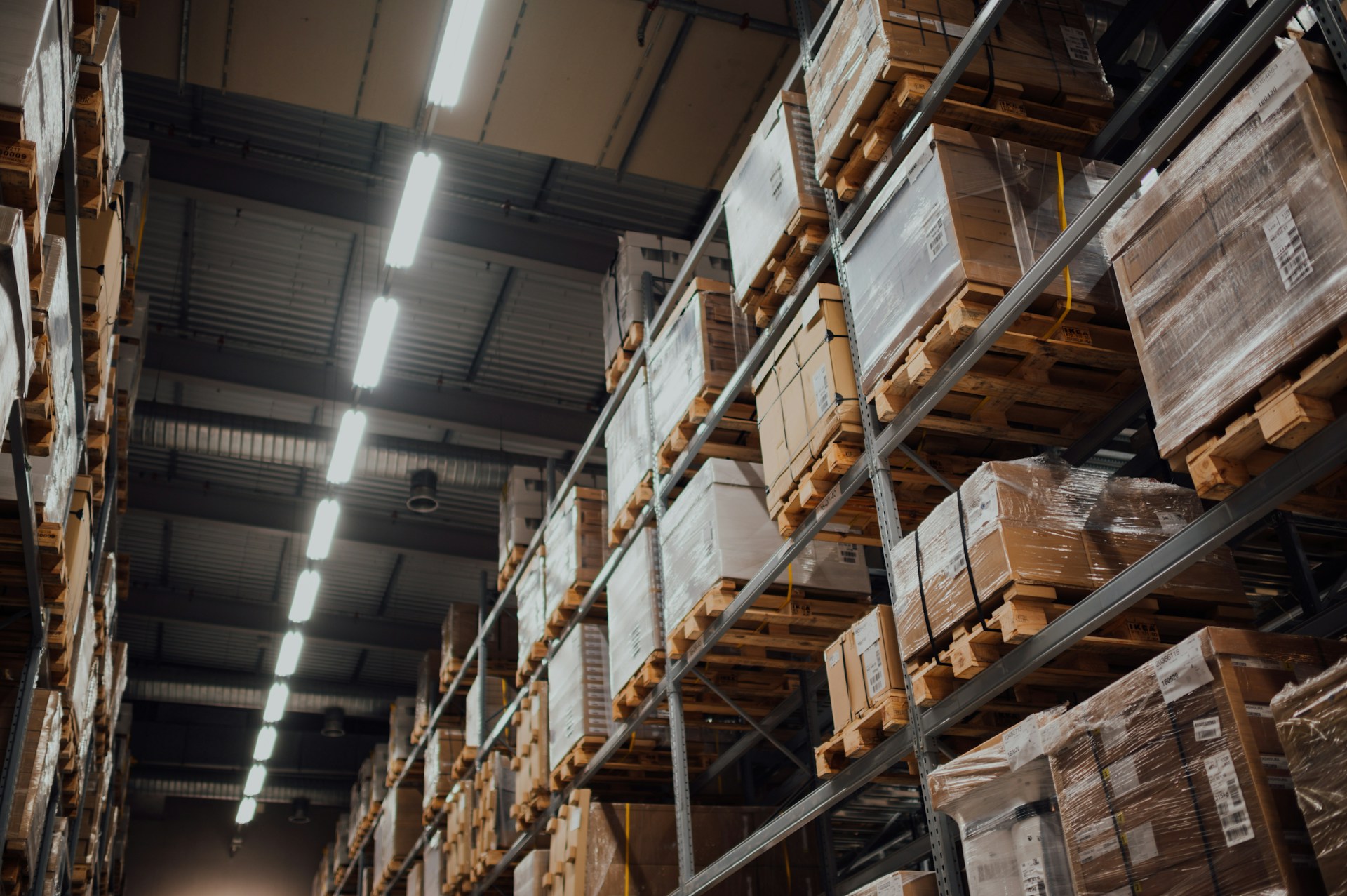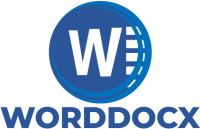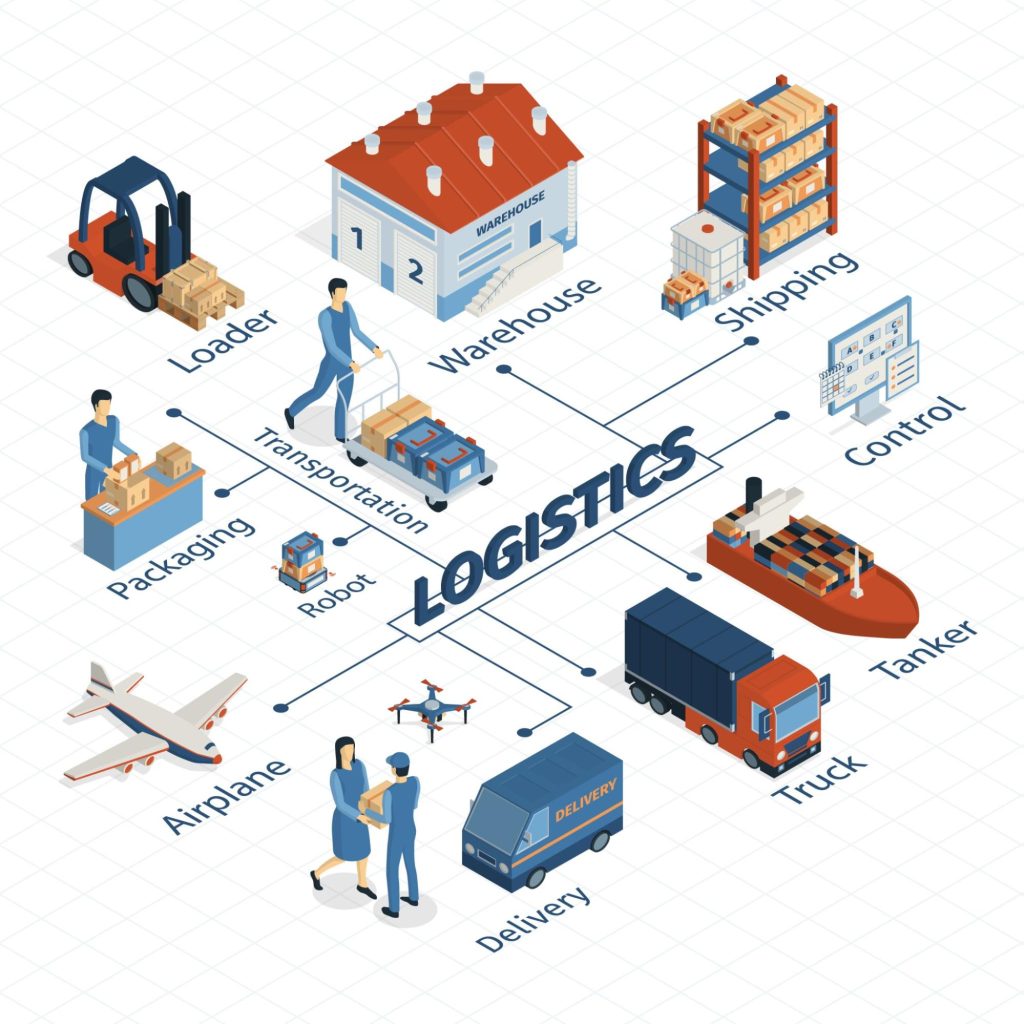There are 5 different types of logistics services categorized by who manages various aspects of the supply chain. Here’s a breakdown of each:
1PL (First-Party Logistics):
This refers to companies managing their own logistics internally. They handle everything from transportation, warehousing, to inventory management. This approach requires significant resources and expertise but offers full control and flexibility.
2PL (Second-Party Logistics):
Here, the focus is solely on transportation. 2PL providers specialize in moving goods from one point to another, using modes like trucks, ships, or airplanes. Companies often partner with 2PLs for specific transportation needs without outsourcing the entire logistics chain.
3PL (Third-Party Logistics):
This is the most common type. 3PLs offer a wider range of services than 2PLs, including transportation, warehousing services, inventory management, packaging, and even last-mile delivery. They act as an extension of the company’s logistics department, allowing them to scale up or down quickly and access expertise.
4PL (Fourth-Party Logistics):
4PLs act as strategic advisors and manage the entire logistics network. They oversee multiple 3PLs and other providers, optimizing the entire supply chain for efficiency and cost-effectiveness. They offer a high level of expertise and control but come at a premium cost.
5PL (Fifth-Party Logistics):
This is a relatively new and less common model where 5PLs go beyond 4PLs by integrating technology and innovation into the logistics network. They offer a comprehensive solution, including consulting, technology implementation, and ongoing management.
Difference Between 3pl And 4pl
The main difference between 3PL and 4PL (Fourth-Party Logistics services) lies in the scope of services offered and the level of control they provide. Here’s a breakdown:
3PL:
Focus: Executes specific logistics tasks like warehousing, picking & packing, and transportation.
Assets: Often owns and manages warehouses, trucks, and other logistical infrastructure.
Control: Provides a defined set of services as agreed upon in the contract. You have more control over specific aspects like choosing carriers.
Expertise: Specializes in efficient execution of core logistics functions.
4PL:
Focus: Oversees and manages your entire supply chain, including 3PL activities.
Assets: May have some assets but often relies on a network of partners, including 3PL providers, for execution.
Control: Acts as a single point of contact, managing all logistics partners and providing comprehensive oversight. You cede some control but gain a strategic partner.
Expertise: Offers broader expertise in supply chain optimization, leveraging technology and data analysis to improve efficiency and cost savings.
Here’s an analogy:
Think of a 3PL as a specialized contractor:
They handle specific tasks you hire them for, like building a house (warehousing) or installing electrical wiring (fulfillment).
Think of a 4PL as a general contractor:
They manage the entire house-building project, coordinating with various specialists (3PL providers) to ensure a smooth and efficient process.
Choosing the right type of logistics service depends on your specific needs, budget, and desired level of control. Consider factors like your business size, industry, and growth plans when making your decision.


